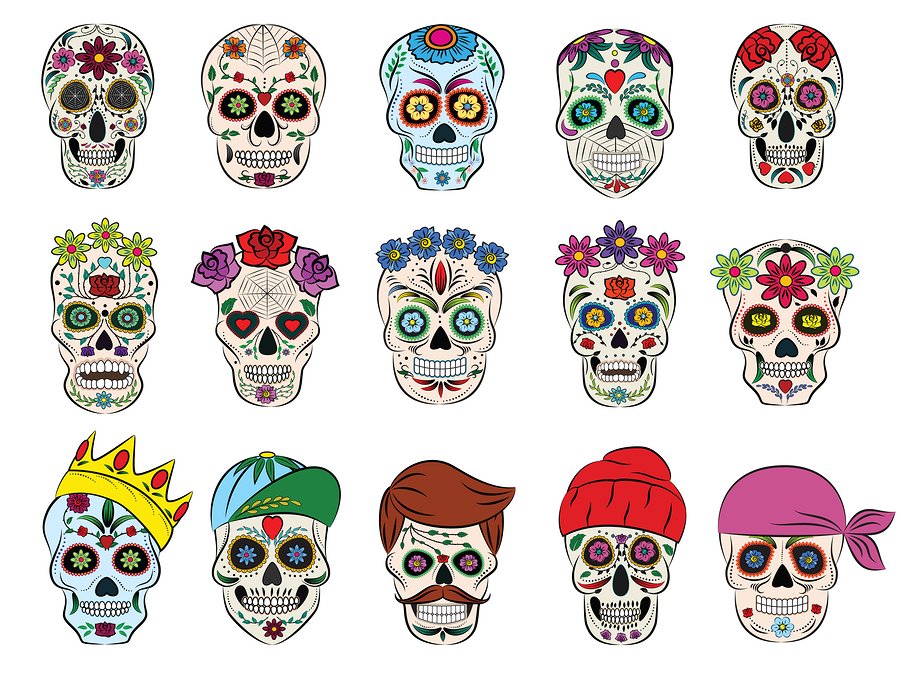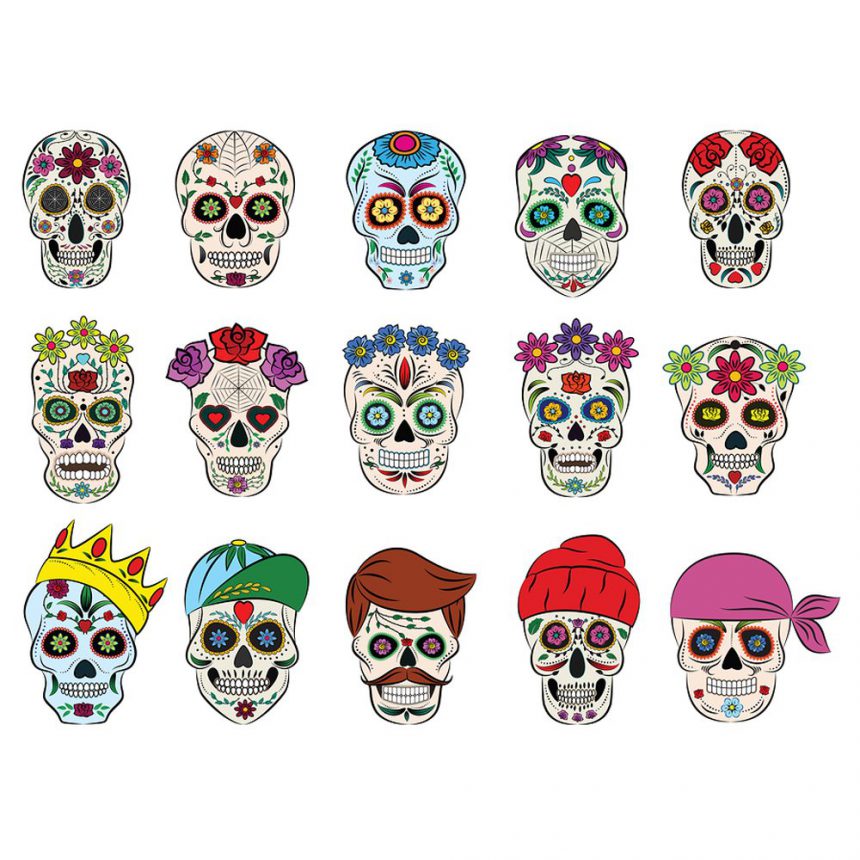
Please read this blog before you read https://www.boblivingstone.com/how-americas-institutions-failed-my-family-and-what-i-did-about-it/ what is below. Thanks so much
I realize that most people don’t look for emotional pain. I am not afraid to dig deep inside in an effort to seek understanding, clarity, peace and joy. I believe facing and working through the pain opens the door to healing, safety and having a voice in this world. My other motivation is to share what I have learned with my clients, so they can live richer lives.
My father died over fifty years ago, and I learn new ways his loss affected me often. I have been on this grief/loss journey for most of my life and I won’t back away from it now.
I was walking near my San Francisco apartment during an unhealthy air alert on the fifty-second anniversary of my dad’s funeral and I thought: Nobody did anything for him when he was sick and dying. I didn’t do anything for him either. My chest got tight and tears rolled down my face. I was choking up and it wasn’t from the smog.
This was the first time I experienced guilt feelings for not helping him while he was having a series of small strokes. I felt powerless and sad beyond belief. I then asked myself, what could I have done as a fifteen-year-old and the answer was nothing.
But I wondered if I had been holding on to this guilt for five decades without being aware of it. I decided that it was quite possible and that caused me to re-examine some of my actions.
For example, do I try to be there for others in an immediate and empathetic manner because I am a trying to make up for lack in attempts to save my father? I think I want to help others because I really find meaning in doing so. I also really enjoy helping others. But, does guilt play a role here and don’t I deserve a break from self-flagellation?
How does this guilt tie in with the shame I feel for punching him in the stomach before he could hit me? He walked away and never really spoke to me again. He glared into my eyes; felt like he was looking through me, not at me. Then he died, and I never had the opportunity to discuss the worst interaction in my life with him.
How did this affect me? I felt shame, powerless, self-hatred, all alone, a societal deviant-what kind of person hits his sick, dying father? A very bad person, that’s who.
This has been one version of the conversation that I have had with myself. It seems like when major events happen in my life, I review the memories I have about my father. When I needed a heart-pacemaker and almost died, I thought about the other great loss I had in my life-my dad’s death.
As I age, I become more aware and appreciate what I lost. I haven’t had a father to turn to since 1966. I see other father-son relationships. I sometimes long to turn back the hands of time so I could hear my dad tell me everything was going to be alright; that I didn’t need to worry. I wish my dad could hold me in his arms, but this will never happen.
Although these thoughts and feelings are painful, I seek them out because their intensity makes these experiences real and makes my life feel authentic. There have been many years where my dad’s life and death seemed like a hazy dream with no connection to my heart. Now I can feel the angst, the void and the knowledge that he loved me and me, him.
Although he has been dead for over five decades, I feel closer to him now more than ever before. Through years of therapy and with family/friend support, I don’t’ beat up on myself nearly as much as I used to. There are moments when the guilt and shame overtake me. Then I talk to my father’s spirit and he frees me from self-loathing. He tells me I am a good person and have already helped many face their trauma through my writing. He adds that my therapy skills have led to my clients leading happy, productive lives. I hear a voice and I’m not sure if it is my dad’s spirit or my own. It says, “The best is yet to come.”
Please share your experiences here https://www.facebook.com/HealingEmotionalPain Thanks!!!

